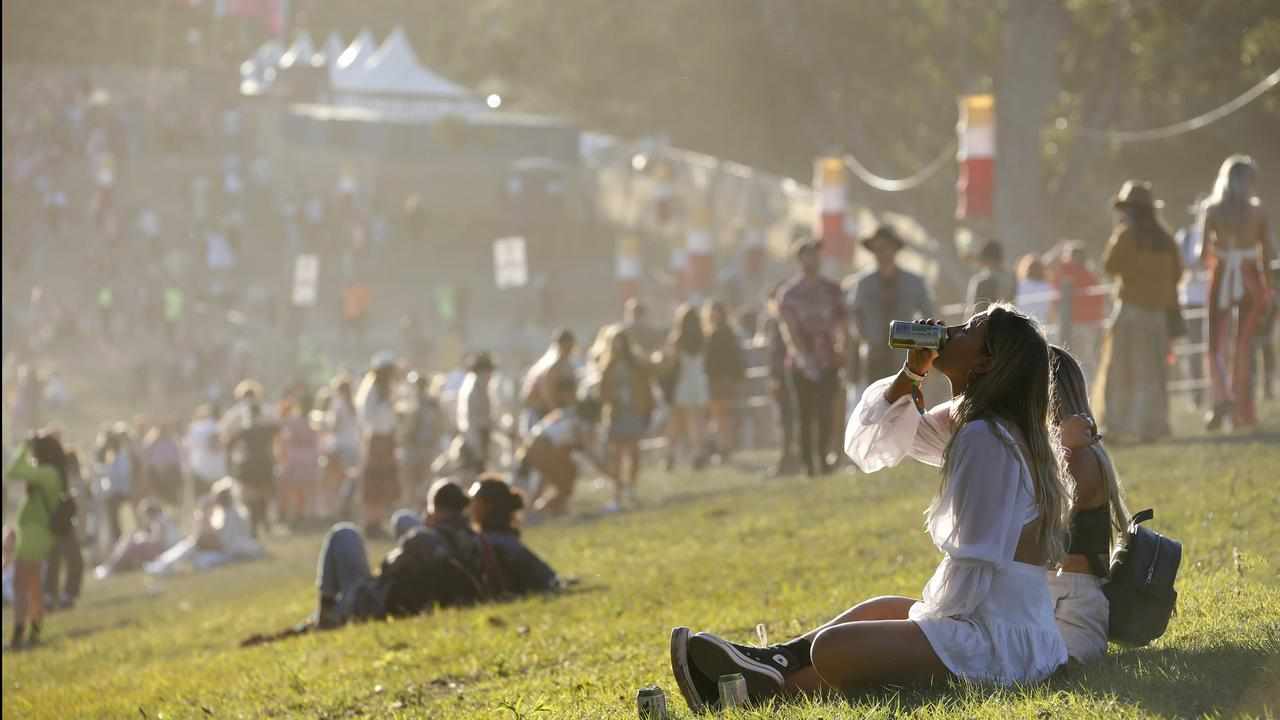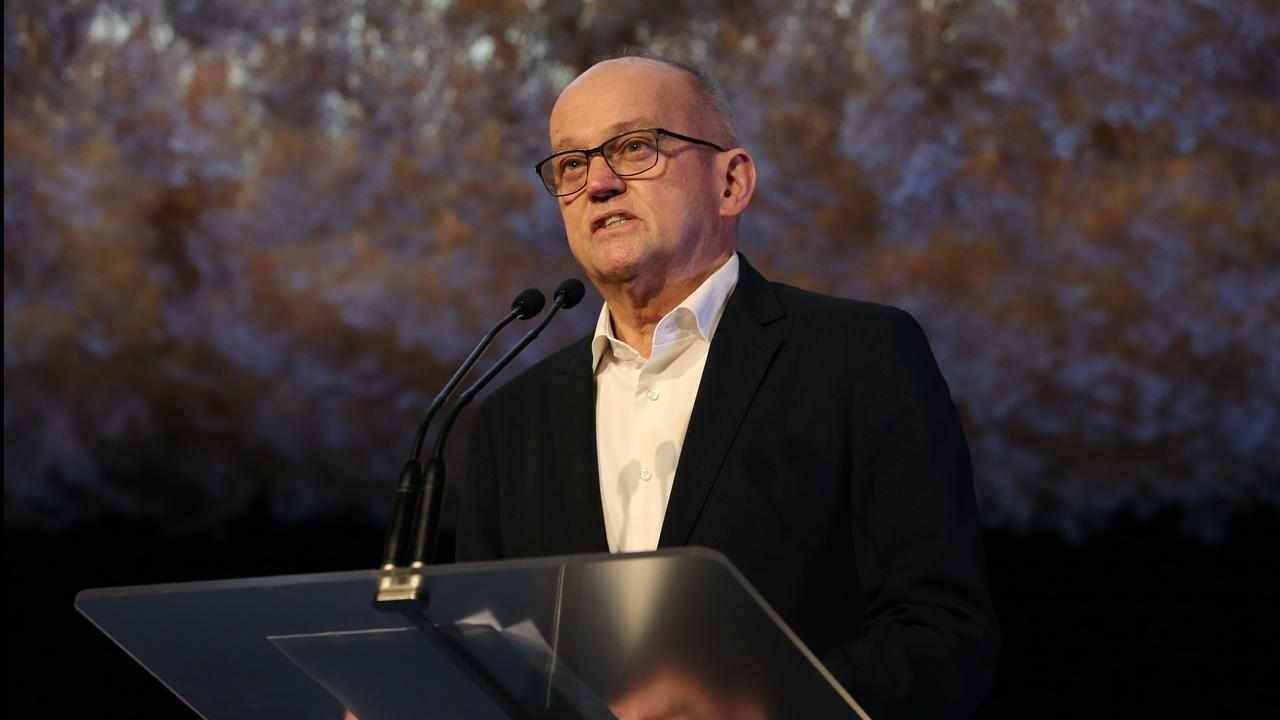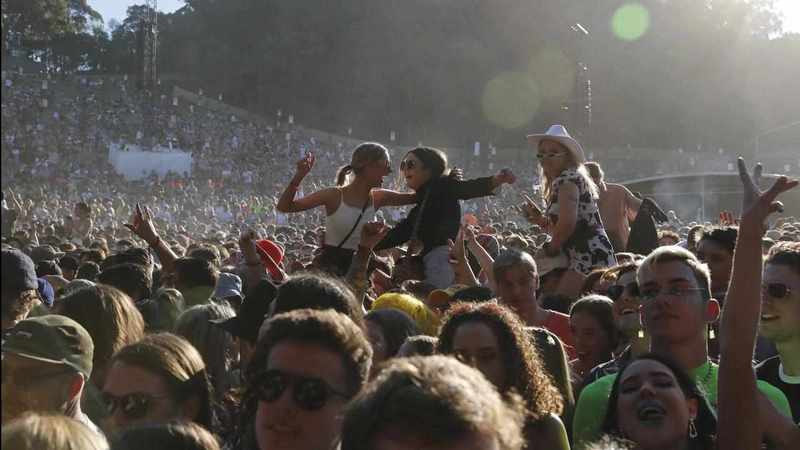More than one-third of Australian music festivals are losing money as operational costs skyrocket, red tape becomes harder to wade through and people in their late teens and early 20s ditch events.
That's the finding from Creative Australia's first Soundcheck report, which revealed it cost an average $3.9 million to run a music festival.
"We are absolutely in the thick of a real crisis - we’re not acutely aware of what’s going on," Music Australia director Millie Millgate told reporters on Tuesday.
"This is a very live and a very real conversation."
Among 51 Australian music festivals surveyed, more than half turned a profit - but 35 per cent lost money with a median deficit of $470,000.

Rising operational costs were severely hurting almost half of festival organisers, while a lack of funding and grants, insurance costs and extreme weather were also sore points.
Australian live music venues' public liability insurance policies increased tenfold in the year to August 2023, and one festival organiser said their insurance excess climbed from about $5000 to $250,000.
Another organiser said insurance was a "minefield" when festivals had to be cancelled.
"We had to wait until the morning of the show to make the final determination to cancel, otherwise there's the possibility that the insurance company could have said we could have worked out other alternatives," the festival organiser told Creative Australia, formerly the Australia Council.
"You're left with this real balancing act of do you let your patrons know."
Almost one-in-three festival organisers were still feeling the impact of COVID-19, with several noting their industry's formerly "high-risk, high-reward" nature.
One organiser described themselves as resembling a professional gambler.
"The main difference is that those stakes have just been completely turned, the volume has been turned up," they said.
"You can obviously still make a lot of money, but the margins are so much tighter than they were before."
The median profit for festivals that made money was almost $732,000.
However, the suggested loss to the community for cancelled festivals was immense, with organisers saying they offered economic support, artist exposure and a sense of community.
One festival organiser reflected: “I know quite a few girls and women now who are called Meredith after the festival, and parents have written to say they’ve had a baby called Goldie, named after Golden Plains.
"Tattoos, heaps of tattoos, asking to get married there.
"People asking to get buried there or have their ashes get there, or have a memorial there.”
Creative Australia chief executive Adrian Collette and Ms Millgate said many popular music festivals had been cancelled or significantly downscaled since the start of the pandemic, equating to multi-million-dollar losses.

Complex and inconsistent planning and local government requirements were also impacting events.
The number of young adults attending music festivals slumped from 41 per cent of all ticket buyers in 2018/19, to 27 per cent in 2022/23.
People in their mid- to late-20s overtook younger people as the biggest ticket-buying demographic, and researchers were planning to investigate the reasons why.
Festival-goers were also waiting longer to buy tickets than they did before COVID.
Organisers speculated that cost of living pressures, along with festival cancellations and headliners pulling out at the last-minute, led some punters to hold off on buying tickets.
Creative Australia researcher Christen Cornell said the trend was correcting itself, but acknowledged buyers holding off would add to festival organisers' risk.
Ms Millgate added the festival sector was changing "by the day" since the research.
Contemporary music festivals made more than $234 million in Australia in 2022, representing almost 12 per cent of the live performance industry's total revenue.









